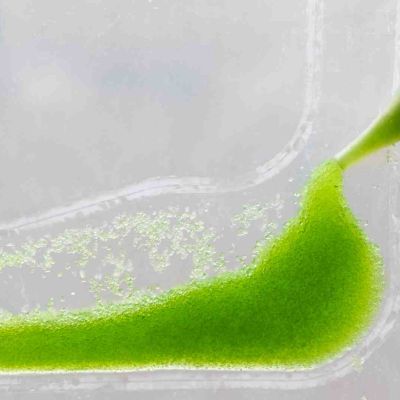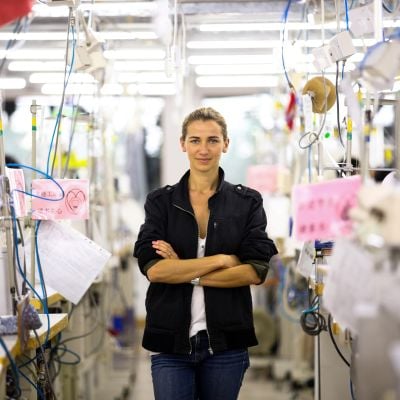The Future Of Farming
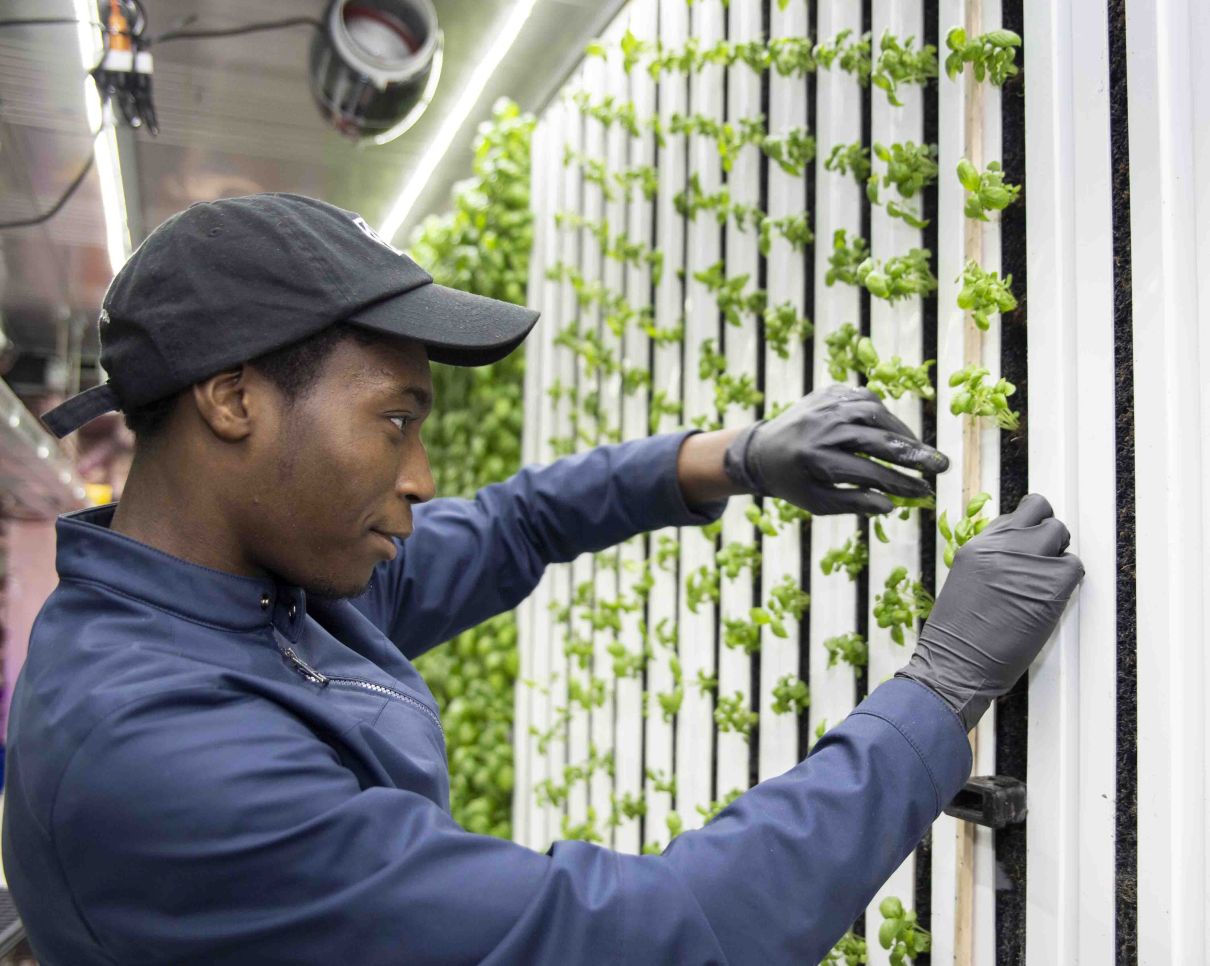
Giving power back to farmers through technology, will play a fundamental role in solving the planet’s agricultural problems.
How do we feed a global population of a projected 10 billion without raising our emissions? It’s perhaps the greatest dilemma the world faces. By 2050 the amount of arable land per person could be a third of the amount that was available in 1970, according to the United Nations. Food plays a fundamental role in political stability and world peace, and yet agriculture is one of the world’s most polluting industries. Here we look at how some of the world’s brightest brains are approaching the future of feeding humanity.
Lab-Grown
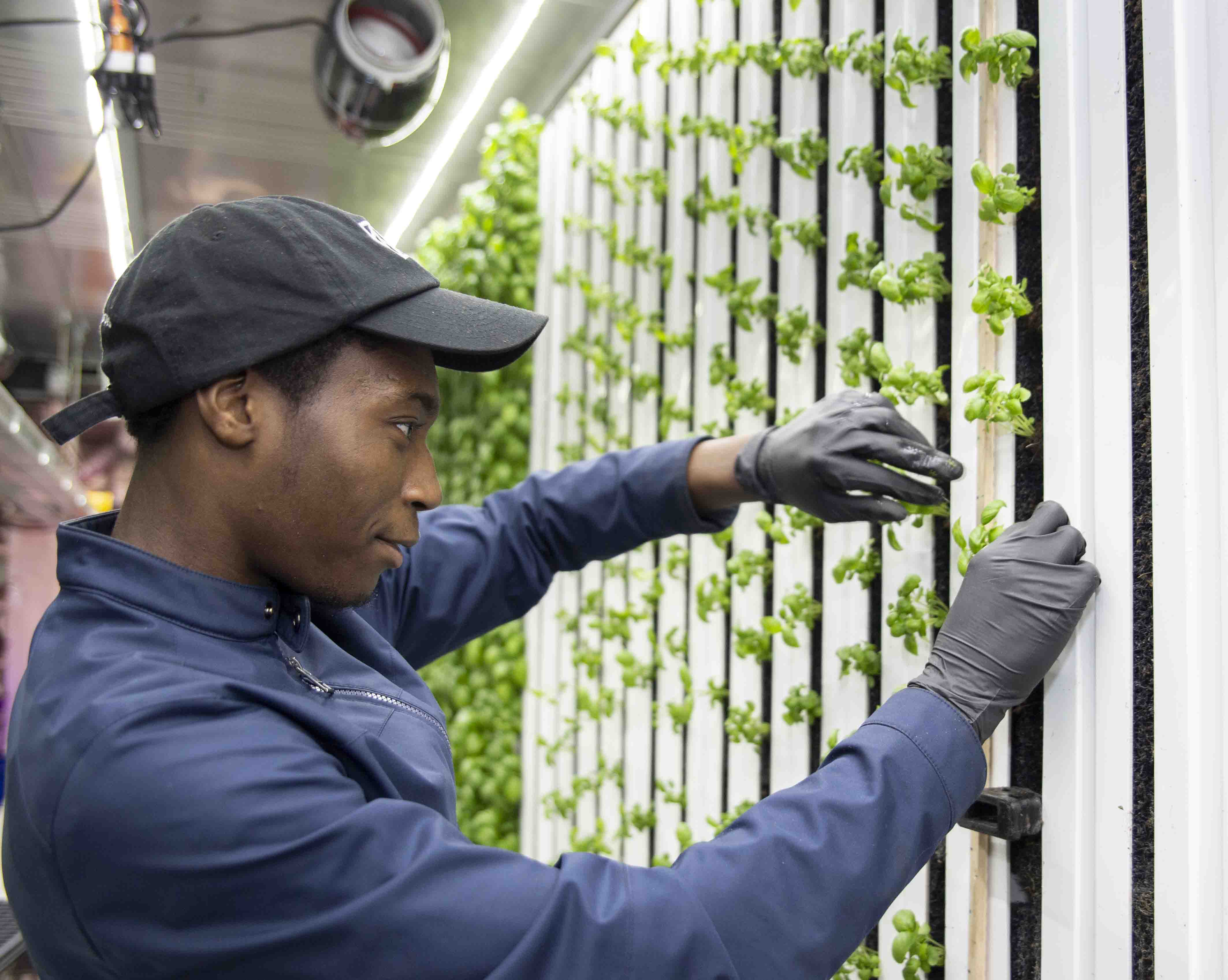
Silicon Valley has been tackling our food dilemma in various ways. Vegan meat and dairy produced through companies such as Impossible, JUST and Beyond Meat have made headlines for their celebrity backers — including Bill Gates and Leonardo DiCaprio — as much as their products. While most are still aimed at middle classes wealthy enough to afford a US$20 burger, faux meat is going mainstream, for example, Impossible Sliders are sold at Burger King and White Castle, while McDonald’s is trialling Beyond burgers in some outlets.
But the problem remains that these companies are not actually reducing the amount of meat they sell, just adding a plant-based option. While a small minority in the rich world might be switching to oat milk on their cereal and shunning meat for January, the meat consumption of developing markets is only rising, driven, in particular, by growing wealth in Africa. In the decade to 2017 global meat consumption rose by an average of 1.9 percent a year and fresh dairy consumption by 2.1 percent — both about twice as fast as population growth, according to The Economist. In all likelihood, growing demand for grazing beef —the meat of choice for emerging middle classes — will mean cutting down more forests for livestock agriculture.
Another Silicon Valley-style solution to the planet’s food problem is urban farming. In densely packed areas such as Hong Kong and New York, benefits include a massive reduction in natural resources such as water and land, and a reduction in food miles and chemical waste.
Square Roots is one such company, launched by serial entrepreneurs Kimbal Musk and Tobias Pegg in 2016. Like his brother, SpaceX CEO Elon Musk, Kimbal has ambition for Mars, but whereas Elon hopes to provide the transport there, Kimbal envisions growing the food to feed would-be Martians. “I’m focused on bringing real food to everyone [on Earth] but the farming technology we are building at Square Roots can and will be used on Mars,” he said in a recent interview with CNBC.
It’s an industry whose star is certainly on the rise. Data firm Research and Markets forecasts the vertical farming market will grow to a value of US$3 billion by 2024, from virtually nothing now.
But there are critics. While their futuristic appeal may grab attention, urban farms only scratch the surface in their current format. Vegetables that are cost-effective to grow are tomatoes, herbs and leafy greens, useful only to those with the luxury of eating salads, rather than the masses who depend on corn, rice, maize and wheat, for survival.
And urban farming is neither cheap nor carbon-zero. Artificial lighting comes with a high energy cost. This prevents urban farming spreading, for now, to where it is needed most.
Blockchain
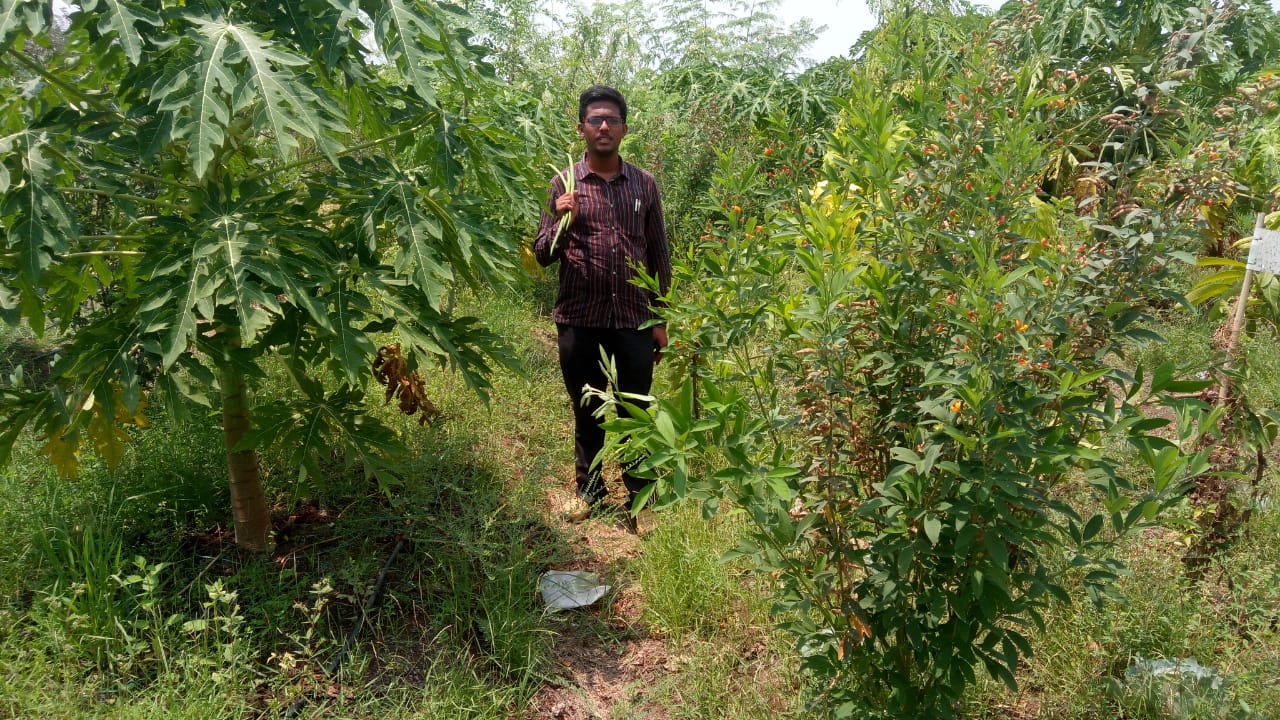
It is getting harder and harder to make money through farming, even in the West. Between 2012 and 2017, farms reporting net losses in America rose 1.2 percent to 1.15 million, according to Bloomberg. Meanwhile American agriculture continued to consolidate with the number of farms declining about 3.3 percent to 2 million. Mega-operations, with sales of US$5 million or more, accounted for 35 percent of all sales.
Some believe decentralising the farming monopolies and putting power into the hands of small growers is the answer to food security. Keith Agoada is the entrepreneur behind Producers Market, a platform that aims to address what he calls the age-old problem of farmer exploitation. He believes the key lies in going back to grassroots farming, observing how our great-grandparents grew crops before the age of pesticides and mass consumption, using non-industrial methods, and then empowering farmers to sell direct to consumers by cutting out the middlemen (large food companies) through digitising, tokenising and decentralising the agriculture value chain.
“It’s a reflection of the state of our society that there are so many farmers in poverty. Farmers should be rewarded like doctors or accountants. But farmer exploitation is a 1,000-year-old problem,” he said, at the TBLI Conference held in Hong Kong in November. “The goal here is to make sustainable agriculture a highly profitable activity so that it attracts millions of new generation farmers as a desired profession globally,” says Agoada. “We need more farmers, and better farming practices aligned to ecosystem restoration with more access to direct markets. As long as farming is associated with risk and poverty, people will continue to move to the city and abandon their farmland.”
Having worked in agriculture for over a decade, he maintains on-the-ground relationships with growers and packers in Mexico, Costa Rica, Colombia, Panama, Argentina, Nicaragua, Bolivia, and Peru. Producers Market accesses the most rural farmers through local cooperatives, associations, processors, packers and other producer groups that purchase from small farmers. It integrates the technology with these commercial entities that then access the small shareholder farmers. Producers Market is currently testing its platform with 25 producer groups that work with over 100,000 farmers.
The next step is to launch FarmToken, an asset-backed agricultural exchange for the small farmers that will take the form of traditional equity and will be digitised for more fluid distribution and liquidity.
“Integrating digital technology provides innovative opportunities to connect farmers and aspiring farming professionals with the training and tools to have greater economic returns while regenerating soil and ecosystem,” says Agoada. “Efficient output aggregation and more direct market access decreases waste (estimated at a third of all outputs). The migration of a fragmented, disorganized global value chain into a digitized environment is a central solution to our food needs globally.”
Impact investment
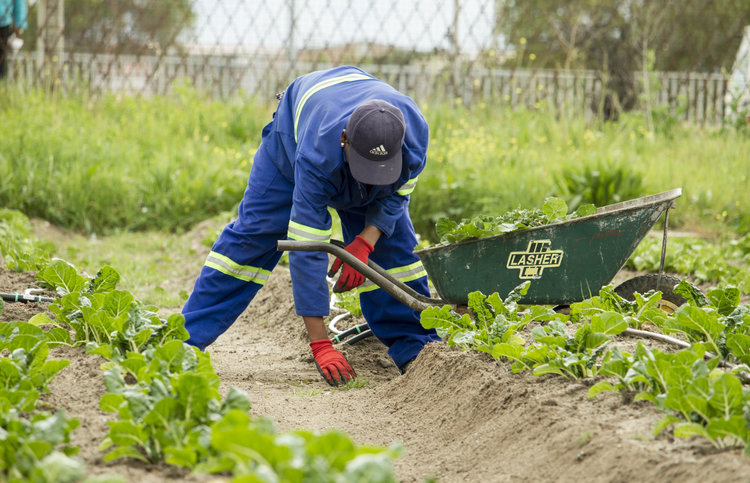
The growing momentum behind impact investment could transform the food industry. The Global Impact Investors Network (GIIN) estimates that there is now US$502 billion in impact investing assets, which it expects to grow by 13 percent this year, on the basis of responses to a 2018 survey.
Toniic, a 10-year-old San-Francisco-based impact investment club, has a searchable database of over 1,660 impact investments totalling US$2.8 billion, via 400-plus members. It ‘curates’ investment opportunities for its members, for example an enterprise producing sustainable cacao.
Matthew McGarvey is the co-founder of Saigon-based Xylem Capital, a fund which aims to deliver skills and capital from impact investors like the Rockefeller Brothers Fund, the International Finance Corporation (part of the World Bank) and the Ford Foundation, to fair and sustainable food businesses supporting growth in China.
“Despite the amount of money being invested in China and globally, there is a funding gap with almost no money invested in strengthening the market or companies looking to create sustainable, regenerative solutions to China’s demand for better food,” says McGarvey. Xylem Capital has a pipeline of impactful companies in the food and agriculture space in Asia – from Tibetan Barley companies to organic farms in Laos - and is developing tools and capital to support their development. McGarvey, like Agoada, believes that solutions to feeding the world lie in grassroots regeneration.
“You go to Silicon Valley and they want to hack their way through this problem, but it is not something 'hackable'. Nor can it be solved within traditional 5-7 year investment horizons. There is zero way we’re going to save the world by applying off the shelf approaches to investing,” he says.
Manav Gupta is a Hong Kong entrepreneur who sits in between tech and grassroots, as an incubator. His Hong Kong-based company, Brinc, identifies promising tech start-ups that successfully address major environmental issues, but require mentorship and funding to achieve investment standard.
One example is Honey Flow Africa, a start-up in Nigeria that optimises the beekeeping process through the power of IoT, AI, and machine learning. Another, Habibi Garden, looks at crop management systems. Located in Indonesia, its aim is to reduce crop failure and increase yield through a sensor that collects real-time data.
Gupta says: “Technology is going to play a massive role in changing the future of food. We’ve always believed the way to unlock that is to learn about the world through data. The more we learn, the more insights we can provide to make better decisions.”






